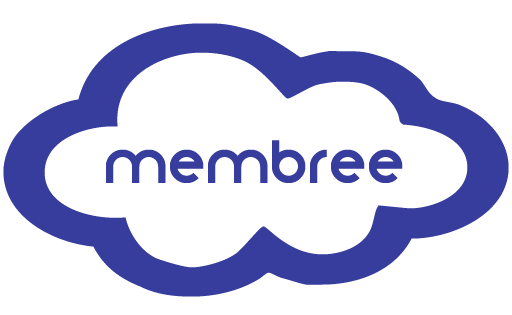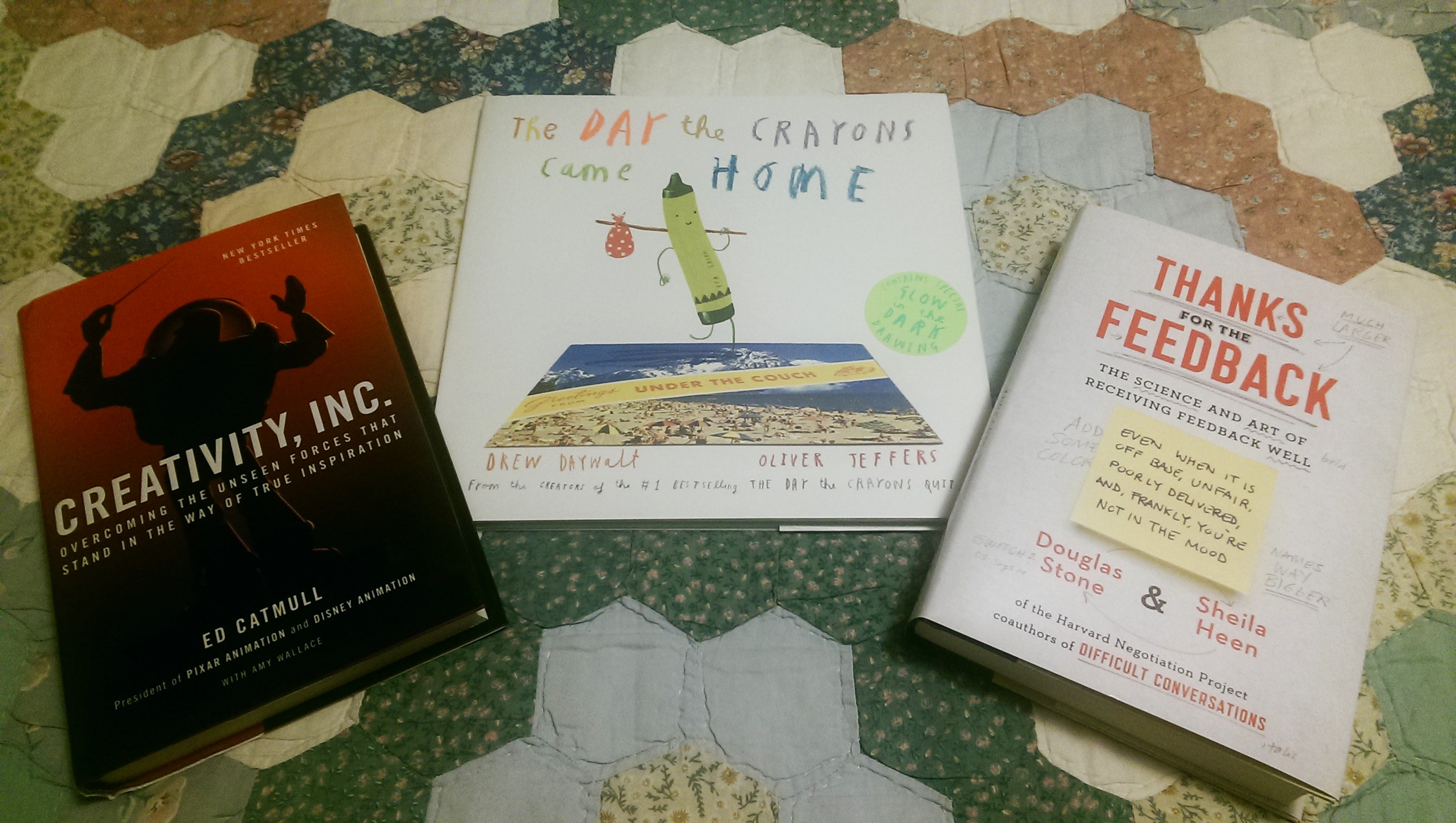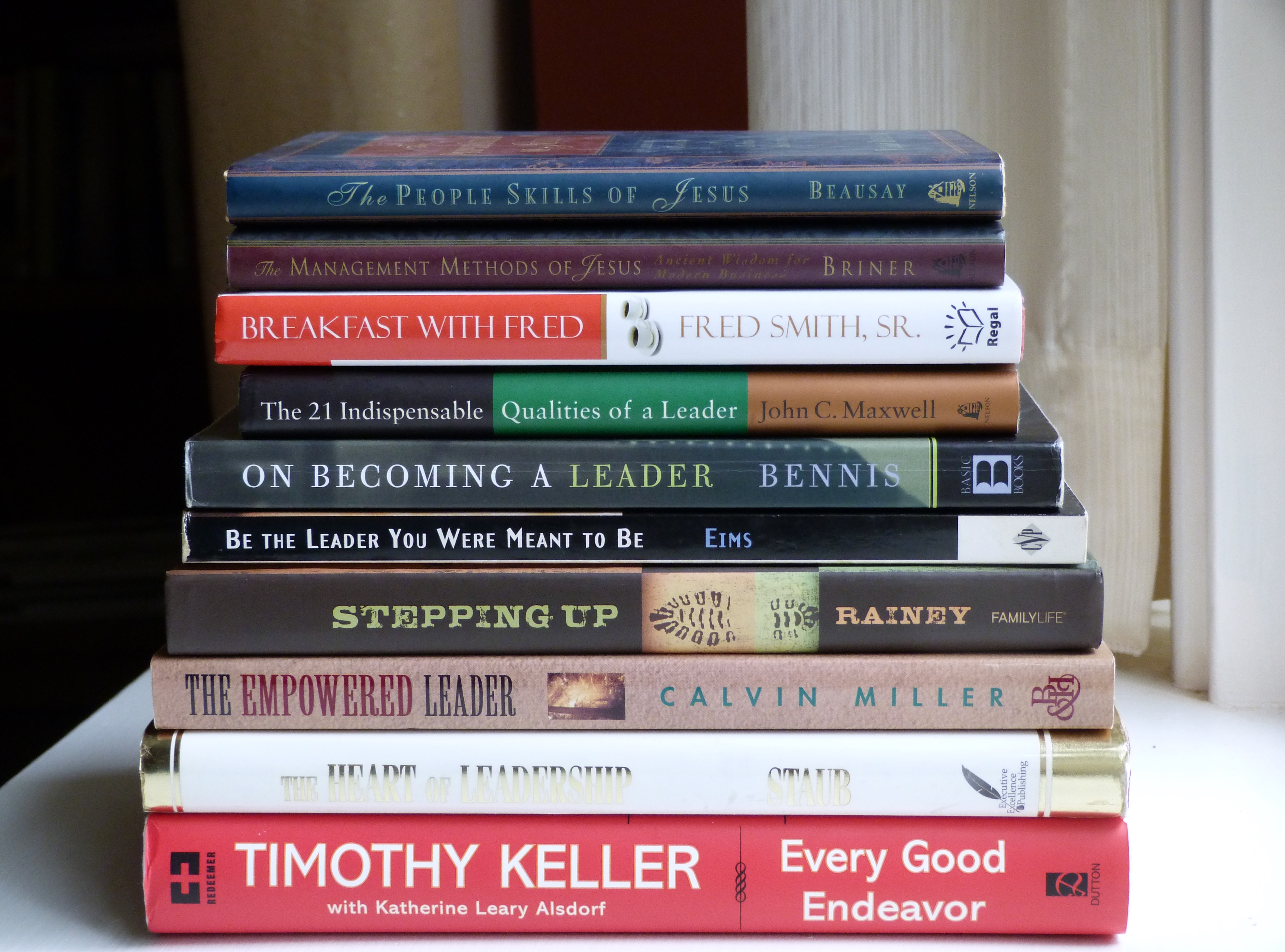It’s Friday again. How does that happen so rapidly every week? For those of you who can’t wait until Friday, I celebrate with you. For those of us who see life zooming by, taking account on Fridays of what we learned and what we savored seems to slow down time just a bit. Hope you enjoy my 5 favorites of this week. What were some of yours?
1) New Website for Us Boomers (well, everyone really)  Photo Credit: LivingWellLivingStrong.com
Photo Credit: LivingWellLivingStrong.com
Membree.com launched this week. Quoting the creators of the website, we older folks (i.e. “Baby-boomers“), as well as other generations, have 2 common desires: to serve and to share:
1. SERVE –a desire to live life to the full, by serving those around us;
2. SHARE –a desire to pass on our life experiences, wisdom and legacy to our loved ones.
“Membree answers those two major life pursuits by inspiring its members to perform random acts of kindness and by capturing life memories in both print and digital form, so these memories can be shared broadly.” Photo Credit: Membree.com
Photo Credit: Membree.com
2) Creativity Burnout – In this week’s blog on BeyondtheGuitar.com, guitarist/arranger Nathan Mills tells a bit of his story about almost leaving music altogether after burning out on years of work. His re-entry seemed a bit unorthodox to me, but as I read the connection of emotion and creative work became clear. Glad that season of burnout is behind him.
3) Blake Mycoski’s Why (TOMS Shoes) – OK, so I’ve never bought a pair of TOMS shoes, and until this Harvard Business Review article I couldn’t have told you who in the world is Blake Mycoski. After reading his story and the history of his company, I’m inspired. His honesty and transparency are compelling. Take the time to read this article for the details of his journey and his rediscovering the “why” of his business. One book he mentioned was Simon Sinek’s Start With Why – How Great Leaders Inspire Everyone to Take Action. That book is now on my 2016 “to-read” list. To give you a sweet teaser about Blake Mycoski’s return to his “why”, here’s a quote from the HBR article:
“People follow you, buy from you, when they believe what you believe. The more I thought about this idea, the more I realized that TOMS had veered away from its “why.” In the early days we always led with our story: We weren’t selling shoes; we were selling the promise that each purchase would directly and tangibly benefit a child who needed shoes. But our desire to sustain the company’s hypergrowth had pushed us away from that mission and into competing on the “what” and “how,” just as every other shoe company does…Our marketing increasingly felt product-focused rather than purpose-focused. And as the leader of TOMS, I was ultimately accountable for those mistakes. That was a tough pill to swallow.” – Blake Mycoski, Founder of TOMS Shoes Photo Credit: tinyspark.org
Photo Credit: tinyspark.org
4) Epiphany – This week’s marks the formal end of the Christmas season. Epiphany – January 6 – the day of celebration of God’s revelation of Christ, especially to the Gentiles (or all who are not Jews). It is also known as Three Kings’ Day. I love how it gives us twelve more days to celebrate such a God. The David Crowder Band refers to these 12 Days of Christmas in the intro to their song Carol of the Bells/Christmas Eve from the album Oh For Joy. [Crowder’s lounge piano intro is hilarious. Don’t miss it either.] Because of Epiphany and our sweet memories of many Christmases in Egypt (celebrated on January 7), I will finally ring out (or rock out, rather) the season with this amazing song:
5) Community – When you Google search the definition of the word community, this is what pops up:
Then there is this bunch of folks who make up our community group (so far). We are joined by living near to each other, our partnership in Movement Church, and our love for Jesus and each other. Just this week as an old friend became a new part of our group, we were reminded of the kindness of God in community. Encouraging each other, praying for each other, loving each other…right where we are in life. Works in progress. God’s magnificent works in progress. Seemingly ordinary, but oh, not so! Community.






